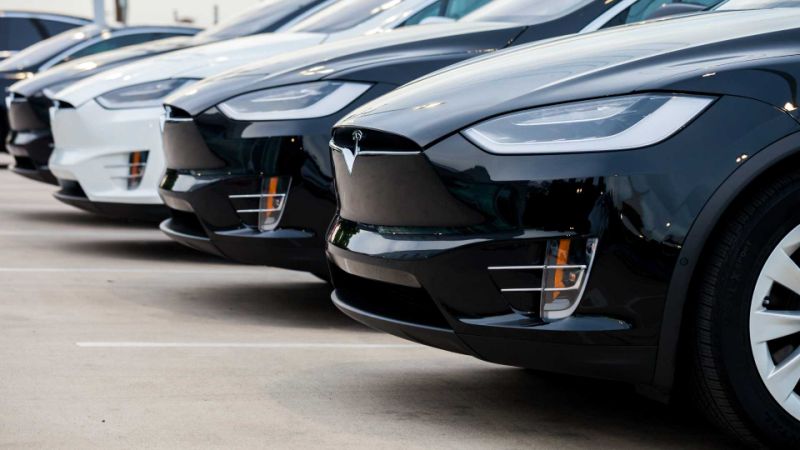The Government’s announcement that it is to cut grants available to people buying a new electric vehicle (EV) from £3,000 to £2,500 and restricting grants to cars under £35,000 will have created some consternation amongst parts of the motor trade and with potential car buyers. However, as buyers return to showroom across the UK, choosing a used car can still be a step in the right direction for many people as motonovo Finance CEO Mark Standish notes,
“There will be many people seeking to do the right thing environmentally when changing car. People driving a modest annual mileage, particularly those who downsize from a larger car, can be reassured that a used car can represent a positive environmental step. They will be recycling a car whose significant embedded manufacturing environmental costs have already been spent.”
This is not a defiant stand for the used car; it is an observation confirmed by the European Federation for Transport and Environment, which in its 2018 report, CO2 Emissions from Cars: the Facts, noted:
‘A vehicle lifetime of 15-20 years is optimal to minimise lifecycle emissions. Lifetimes shorter than 15 years are only lower carbon if there is a very rapid improvement.’
It was an observation made recognising that environmental impact is not limited to tailpipe emissions. Driven miles are not the only source of CO2. The embodied energy required to build a car in the first place is significant. Analysis by Toyota in 2004 established that as much as 28% of a car’s CO2 emissions were generated during manufacturing. Another report in 2010 concluded; ‘the embodied emissions of a car typically rival the exhaust pipe emissions over its entire lifetime.’
Accepting that things have moved on from this research and electric cars can be seen as a game-changer, some inconvenient truths remain.
The mining and refinement of raw materials are estimated to contribute 30 per cent of a battery’s greenhouse gas emissions. The lithium and cobalt required for batteries are rare, expensive elements surrounded by concerns about the mining process and conditions for workers in the major source locations. Finally, the challenge of battery recycling, which an article in November 2020 referred to as ‘the dirty secret of the EV revolution, is that it created an e-waste timebomb.’
Mileage and Car Type Impacts
“There is much to applaud about electric cars and their place in the future looks assured, but as with so many things, EV v used car is not necessarily a straightforward choice. While some may vilify used cars, buying one wisely may offer a more environmentally friendly option for many people than sticking with an older or larger car,” observes Mark.
Choosing a used car from an environmental perspective in today’s market is essentially a matter of assessing; annual mileage and vehicle/engine size. Within this, Euro 5 & 6 petrol and Euro 6 diesel cars that have improved environmental credentials compared with their predecessors can often offer a compelling case
“For people driving a used car the modest average annual mileage noted by MOT data of 7,090 pa, and who are happy to choose a small engine car and maintain it correctly, there is a sound environmental case based upon today’s knowledge. Even for larger used cars, the heavy production CO2 impact is historic. Very arguably, this combined logic will be attractive to a significant number of people for some years to come. Conversely, for high mileage, big cars and commercial vehicle users, electric has much to offer now,” concludes Mark.
*Article Source www.rocketperformance.co.uk








